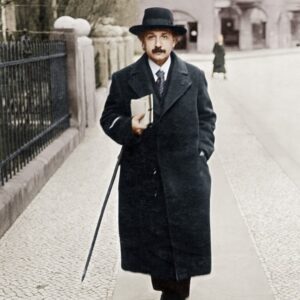Speeding Up A Quantum Computer’s Compiler
New compiler makes quantum computers two times faster
Key points…
+ To match the constraints of current and near-term quantum computers, a new paradigm for variational quantum algorithms has recently emerged. These algorithms tackle similar computational challenges as the originally envisioned quantum algorithms, but build resilience to noise by leaving certain internal program parameters unspecified. Instead, these internal parameters are learned by variation over repeated trials, guided by an optimizer. With a robust optimizer, a variational algorithm can tolerate moderate levels of noise.
A new paper from researchers at the University of Chicago introduces a technique for compiling highly optimized quantum instructions that can be executed on near-term hardware. This technique is particularly well suited to a new class of variational quantum algorithms, which are promising candidates for demonstrating useful quantum speedups. The new work was enabled by uniting ideas across the stack, spanning quantum algorithms, machine learning, compilers, and device physics. The interdisciplinary research was carried out by members of the EPiQC (Enabling Practical-scale Quantum Computation) collaboration, an NSF Expedition in Computing.
+ “The trade-off between variational and traditional quantum algorithms is that while variational approaches are cheap in the number of gates, they are expensive in the number of repetitions needed,” said Fred Chong, the Seymour Goodman Professor of Computer Science at UChicago and lead PI for EPiQC. “Whereas traditional quantum algorithms are fully specified at execution time and thereby fully optimizable pre-execution, variational programs are only partially specified at execution time.”

A flow chart describing the compiling of variational algorithms to speed up quantum computations. Credit: EPiQC/University of Chicago
+ The researchers address the issue of partially specified programs with a parallel technique called partial compilation. Pranav Gokhale, a UChicago PhD student explains, “Although we can’t fully compile a variational algorithm before execution, we can at least pre-compile the parts that are specified.” For typical variational algorithms, this simple heuristic alone is sufficient, delivering 2x speedups in quantum runtime relative to standard gate-based compilation techniques. Since qubits decay exponentially with time, this runtime speedup also leads to reductions in error rates.
Source: PHYS.ORG. EpPiQC, University of Chicago, New compiler makes quantum computers two times faster…
Content may have been edited for style and clarity.

